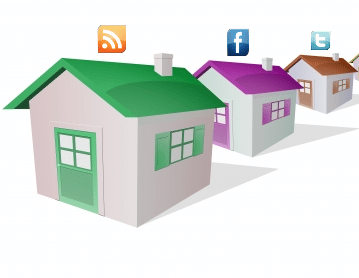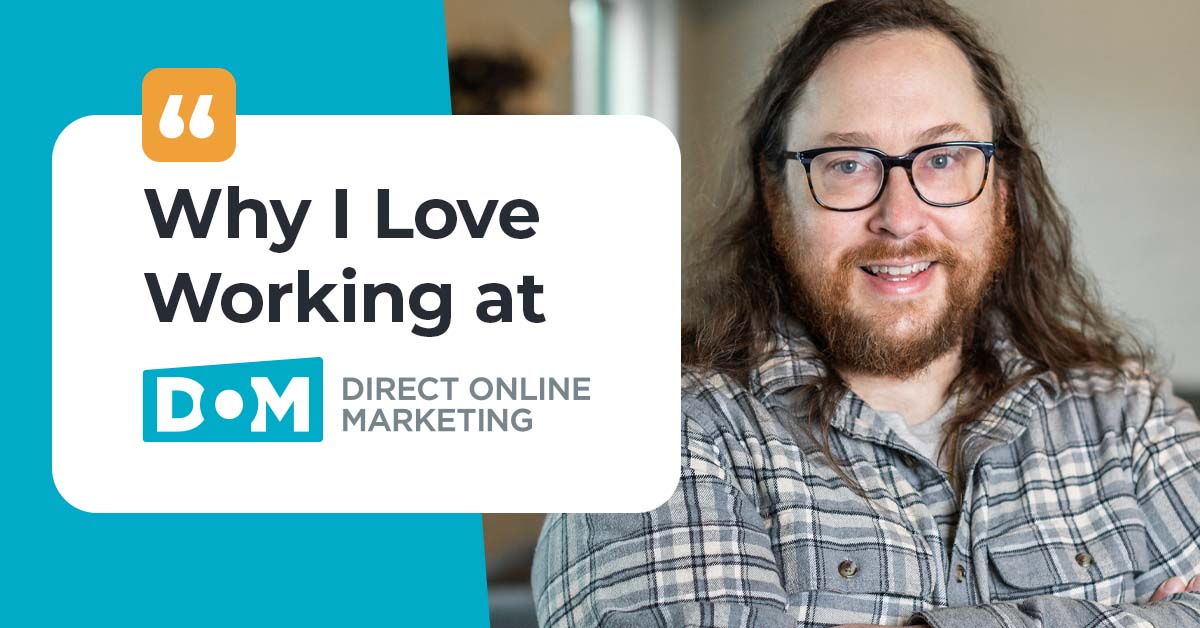The answer: A lot, but only if you optimize its potential.
Your website is the first step in establishing customer relationships. In fact, 61% of people research a retail location online before visiting. Out of those people, 88% will visit that store within 24 hours.
Given those statistics, imagine the business you lose by not having an online presence.
Think of your online presence like you think of your retail location. It is real estate. To get any value out of your online location, you need to make sure that it appeals to customers, just as you would with your brick and mortar store.
Here are five questions you need to ask yourself about your online real estate:
Do You Have a Website?
With a website, your customers can connect with your business anywhere and anytime. This is important because local searches start online, not on the ground. People no longer pick up a phone book or walk around a neighborhood to find a place to eat or shop. They plan ahead and they do it online.
Here’s an example: Before trying out a new restaurant, a potential diner searches online for local eateries. They check sites like Yelp for recommendations, but they also want to visit the restaurant’s site to scope out the menu and get a feel for the ambiance. If you don’t have a website, you have just lost a potential customer to the more internet savvy competition.
How Does It Look?
The same logic applies to online spaces as it does to brick and mortar spaces. If your real estate is unattractive, customers won’t stick around to buy.
Here’s how to keep your online real estate attractive:
- Do not include any automated music or videos. Video is great, as long as the customer can select when to play it.
- Keep your design simple with clear menus so that consumers can find information easily. According to Forrester, 50% of online sales are lost due to poor website usability.
- 12 billion people use their mobile device to search for local events, restaurants and stores each year. Make sure your website is optimized for mobile use.
What Does It Say?
In order for your customers to find your website, you need to make sure it shows up in search engines. This is where the term SEO (search engine optimization) comes into play. You want your site to rank high in search engines. This means that it shows up within the first two pages of search results. Most searchers will not go any further for more results.
An SEO consultant optimizes your website by choosing the right keywords or key phrases that will help your business rank higher than your competition. You may not think hiring an SEO consultant is worth the investment, but remember that 93% of online retail experiences begin with a search engine. Plus, SEO leads have a near 15% close rate. This is in stark contrast to the near 2% close rate of traditional print advertising methods. Now, is all of that money you’re funneling into direct advertising really worth a 2% close rate?
Do You Have a Blog?
A blog (web-log) gives you the opportunity to add more keywords to your website. It also gives you the opportunity to tell stories about your company, your products and your customers.
Stories establish connections between your business and the consumer, building lasting customer loyalty. Blogging is not a sales tactic. It is a customer service. The best blogs add value to their customers. For instance, on our C-leveled blog, we offer free advice on everything from marketing to sales to venture capital.s about your company, your products and your customers.
Are You Social?
Social networks like Facebook and Twitter keep you connected with your customers 24/7. Social media is a mix of customer service and advertising. It adds value to the consumer through conversations, but you can also use it to promote your business.
The trick is keeping your promotions conversational. Customers are not receptive to social posts that sound like sales jargon. Everything goes back to adding value to the consumer. If a consumer finds your social post interesting, they will share it via their own social networks. This is important because social sharing increases your search engine ranking at an even greater percentage than keywords!
Remember that a successful business has real estate on the ground and online, so that you are always available to your customers whenever they need you.




